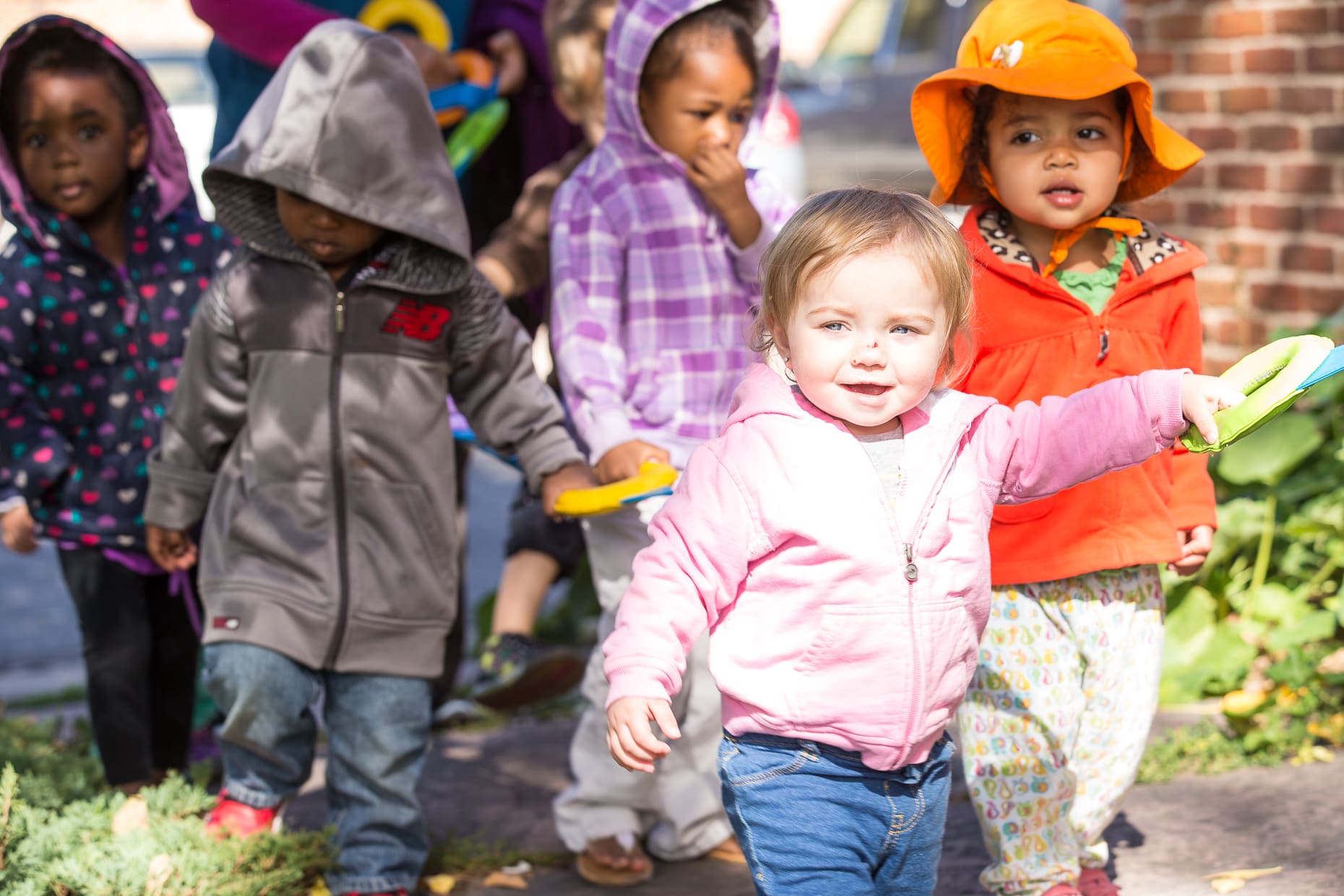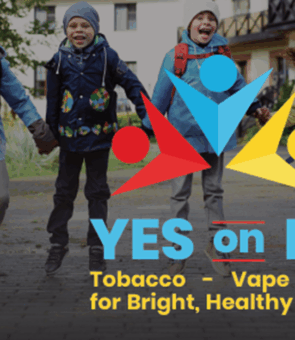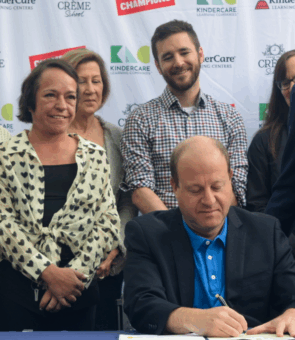Care for Essential Workers During the COVID-19 Pandemic

What Could Be
Free and accessible child care for essential workers could benefit all Coloradans through the COVID-19 pandemic
Should Be
The Colorado Emergency Child Care Collaborative helped essential workers serve Coloradans by ensuring their children had quality care
On March 15, 2020, Governor Jared Polis issued a stay-at-home order, closing schools and child care centers — leaving essential workers without care for their kids.
With most Coloradans encouraged to work from home, essential employees had no choice but to continue to go to work. That meant many of these heroes with families were left with no child care options and wondering how they could deliver critical services to the community with no one available to take care of their own children.
Colorado’s essential workers ranged from nurses and doctors in hospitals to grocery store workers ensuring our shelves were stocked to those keeping our shipping routes and manufacturing lines open. In total, the Bell Policy Center estimated that 20% of Colorado’s workforce was deemed essential and therefore were required to be at their places of work during the pandemic.
We urgently needed a statewide child care system designed to match essential workers with providers willing to offer care amid the pandemic.
How might we find an immediate solution to the child care crisis for essential workers impacted by the COVID-19 pandemic?
Recognizing the urgent need for a solution, Gary convened public and private sector players from the Colorado Department of Human Services (CDHS), Colorado Department of Early Childhood, Colorado Children’s Campaign, the child care app Nanno, the Buell Foundation, CommonSpirit Health, and dozens of others. Together, we brainstormed how to leverage our human and financial capital to provide safe and affordable child care to all essential workers.
Collaborating with this rapidly convened, public-private coalition, the team was able to achieve agility and innovation that would not have been possible working in silos. In just a week, the coalition stood up a statewide system designed to match essential workers with child care providers. Each partner brought their unique abilities and expertise to leverage their networks to respond swiftly to the rapidly evolving measures being put in place to combat COVID-19.
“In this urgency and collaboration, we found some long-term changes to the child care system that will make it better for parents and easier for the state. And so, we’re excited about not just the short-term impact, but actually the long-term change that can come from this as well.”
Mayor Mike JohnstonFormer CEO, Gary Community Ventures
Within days, Nanno developed an online platform where parents could apply for child care, providers could promote available spots and then matches could be made by location. CDHS Office of Early Childhood and the Colorado Children’s Campaign provided statewide outreach to child care providers and leveraged other partners to connect with essential businesses and workers. The Buell Foundation and Centura Health generously provided funding so the program would be free to all essential workers for at least the first two weeks. With added support through the CARES Act, the state provided enough funding for the remaining eight weeks of the stay-at-home order, ensuring free child care to any essential worker who needed it.
Our learnings from standing up the Colorado Emergency Child Care Collaborative continue to shape how we partner with communities and organizations around the state to improve the way families access affordable child care in Colorado.

















